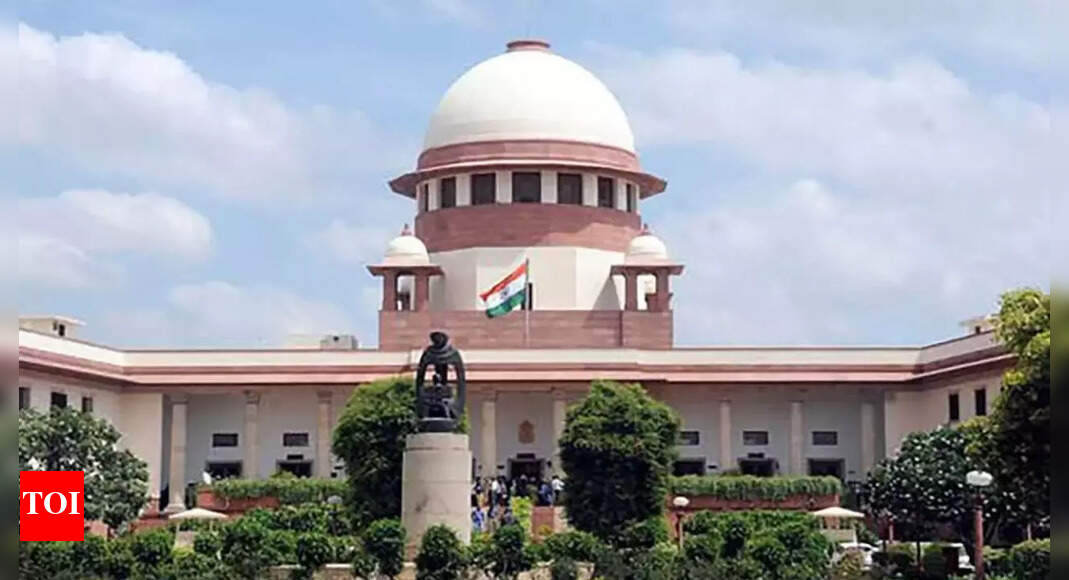NEW DELHI: Opposition-governed states of Karnataka, Punjab, Kerala and Telangana Tuesday informed Preferrred Court docket that Charter confers no discretion on President and governors to stall a invoice handed by means of legislature even at the floor it’s unconstitutional or repugnant to a central legislation.Advocating the supremacy of the cupboard machine of governance on the Centre and states, Gopal Subramanium, showing for Karnataka, informed a CJI-led five-judge bench that expenses handed are an expression of other folks’s will, and therefore, the President or governors at best possible may just go back such expenses as soon as to the legislatures with tips. “Giving sweeping discretionary powers to a governor will lead to a dyarchy,” Subramanium mentioned. Any conferment of veto energy to a governor is antithetical to the lifestyles of the elected state legislature,” Gopal Subramanium, showing for Karnataka, mentioned, including he’s at all times, just like the President, sure by means of the help and recommendation of the council of ministers.He, on the other hand, conceded {that a} governor can act with out the help and recommendation of the council of ministers in issues associated with grant of sanction for prosecution of ministers below the Prevention of Corruption Act; whilst performing as chancellor of universities (an issue which might now not move neatly with West Bengal which is at loggerheads with the governor on appointment of vice-chancellors); and as head of non secular forums. The facility to withhold assent is concomitant to returning it to the legislature for reconsideration, and if the legislature passes the invoice once more, without or with amendments, the governor has no choice however to grant assent, he mentioned.

Subramanium mentioned timelines for governors and the President for taking choice on expenses is a need within the provide political scenario and argued that SC by means of offering timelines within the Tamil Nadu case in its April 8 judgment has handiest facilitated the aggrieved states to means the court docket within the tournament of them now not taking a call on expenses inside of specified time.The bench, additionally comprising and Justices Surya Kant, Vikram Nath, P S Narasimha and A S Chandurkar, favored Subramanium’s sincerity within the court docket listening to and the courtesy he prolonged to the suggest antagonistic to him, and informed him to stay helping courts sooner or later. For Punjab, senior recommend Arvind Datar argued {that a} state legislature is entitled to enact a legislation that can be perceived as unconstitutional, particularly in offering reservation in jobs to positive communities which might take the whole quota past the 50% cap, however the governor or President don’t have any choice however to assent to it.“Governor has no energy to decide the constitutional validity of a invoice, which is the duty of constitutional courts. Discretionary energy does now not imply a governor can stay booking expenses for President’s attention. Additionally, the President, sure by means of the help and recommendation of the Union council of ministers, can not frustrate the desire of the folks of the state by means of sitting over a invoice referred to her by means of the governor,” he mentioned. Makes an attempt by means of senior recommend P Wilson to argue for DMK had been scotched by means of the CJI-headed bench, which mentioned that Tamil Nadu has already argued intimately towards the Presidential Reference and that giving an opportunity to a political celebration to argue could be an invitation to different political events to intrude. The arguments would proceed on Wednesday.

